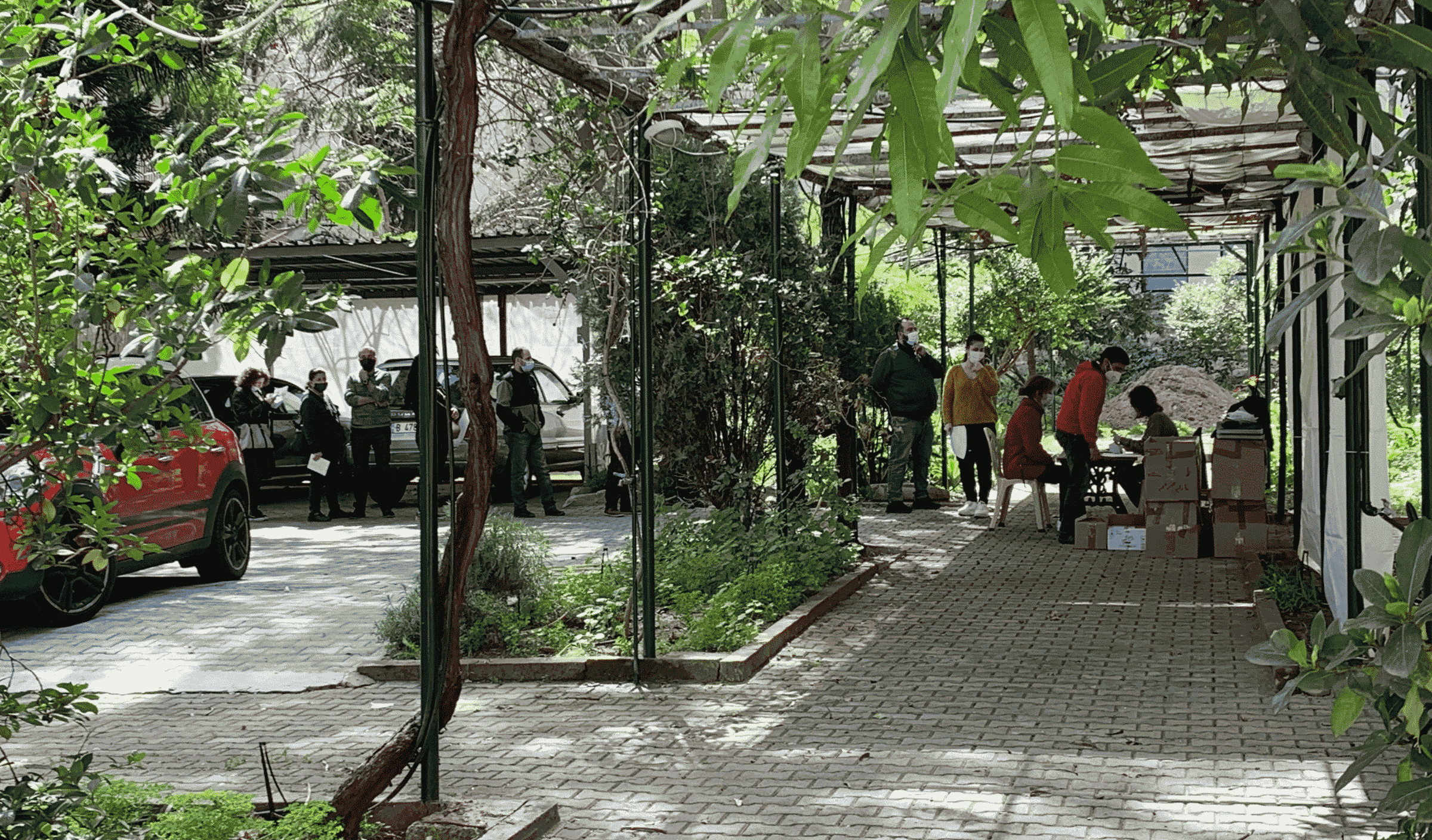
Escape from Lebanon … a shocking reality
Leaving your country, home, family, and friends is one of the hardest decisions one can make.
The majority of people have experienced leaving their childhood home perhaps merely traveling to the next village or city.
However,some people are forced to leave their country, sometimes temporarily, but sometimes permanently.
The history of Lebanese emigration started with the history of Lebanon itself.
The idea of fleeing the country has been very popular amongst Lebanese. It was always the go-to plan whenever things got tough.
It wasn’t because they don’t love the country, but it was really hard to survive, and seeking a better life in a foreign country seemed the best idea to ensure a better future for their families.

The first waves
The first waves of Lebanese emigration began in the days of the Phoenicians, who relied on the sea for transportation and travel.
It became a fairly long departure from the place of origin as the decades went by and grew during the middle ages.
Wars also had a role whenLebanon became the playground of bizarre events, riots, and revolutions, most of which originated from the outside.
The residents of this beautiful country experienced pressures and tortures, as well as moral and economic hardships, particularly the Christians. As a result, they chose emigration to flee a depressing existence.
Real widespread emigration began in 1860and lasted until 1920, the year when the State of Great Lebanon was established.
It dwindled following this statement and resurfaced in the mid-seventies, more especially with the start of the Lebanese war, till now.
The dizzying rise in the last 5 years
Over the years, emigration would increase depending on the security, political and economic conditions in Lebanon.
Following the October 17 revolution in 2019, more people started leaving Lebanon, reaching 17,720 emigrants in early 2020.
Studies also showed an increase of about 65,000 people by the end of the year particularly after the Beirut port explosion on August 4, 2020. To this tragic event it must be added the successive economic crises, unemployment, poverty and hunger, the devaluation of the Lebanese pound and the collapse of the political situation.
Between 2020 and 2021, the number of emigrants from Lebanon Lebanon increased by 4.5 times, with a total of 215,653 people departing the country between 2017 and 2021. Moreover, there are many youngsters who do not have a job or who are not safeguarded, as Nadim tells us.
The Information International, a Beirut-based research center identified the emigration rate as the highest seen by Lebanon in five years.

The “terminal brain drain”
This is historically Lebanon’s third wave of mass emigration. The American University of Beirut’s Crisis Observatory warned that this wave of mass emigration would be difficult to overcome as the country is witnessing the drainage of its youth and human capital, as well as mass emigration among professionals and specialists.
Lebanon is facing a “terminal brain drain” as described in the Foreign Policy.
This has been felt in most industries, particularly the medical field. According to some statistics, 20% of Lebanese doctors have left or plan to leave the country, while hundreds of pharmacies have closed due to high operating expenses and the loss of medical subsidies.
No action to stop the exodus
We began to see a significant exodus of medical experts in late 2020 who were reportedly migrating to the Gulf seeking better jobs and living conditions, Same for other professionals providing essential services such as engineers, academics, and entrepreneurs.
The Lebanese government has done little to end the brain drain. It was long said that the issue was becoming a priority and that developmental projects were put in place to end it. But no actual actions were done.
Family responsibilities or social ties keep a lot of Lebanese here, the lifestyles they are used to, the late-night parties, the weekend getaways with friends, the broken rules and laws, But the successive visa rejections, and to top all that, the suspense we live in daily which sadly became part of our daily routine, the worsening living conditions are making things more difficult for Lebanese who want to remain.
Lastly, all of the numbers above are expected to rise significantly by the end of 2022 and will keep on increasing until further notice. Just like in Syria.
